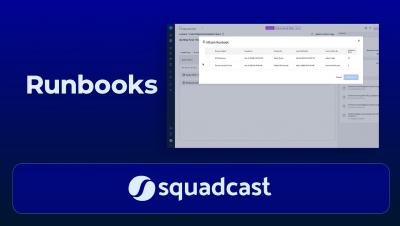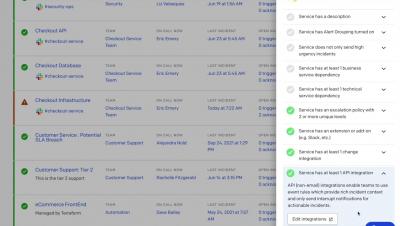To require or not require (fields): that is the question
Required fields have been a hot topic at FireHydrant. Choose too many (or the wrong ones), and you unnecessarily annoy your team during an incident or encourage sloppy data entry that someone has to come back and clean up manually. Don't use them at all and risk insufficient data to efficiently propel an incident toward resolution.











